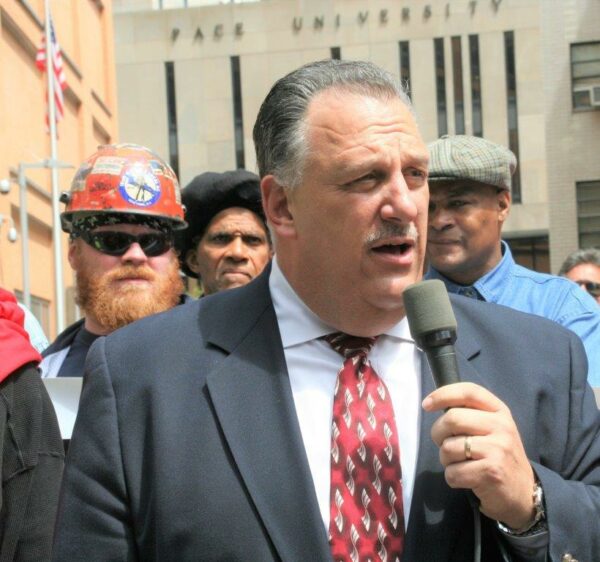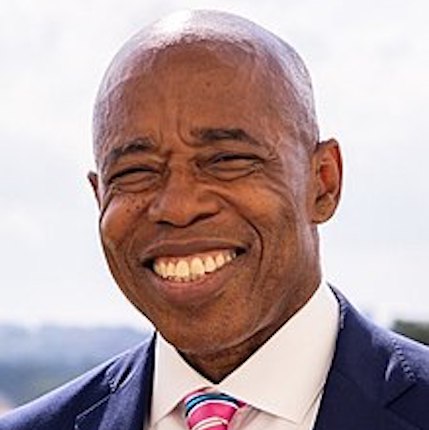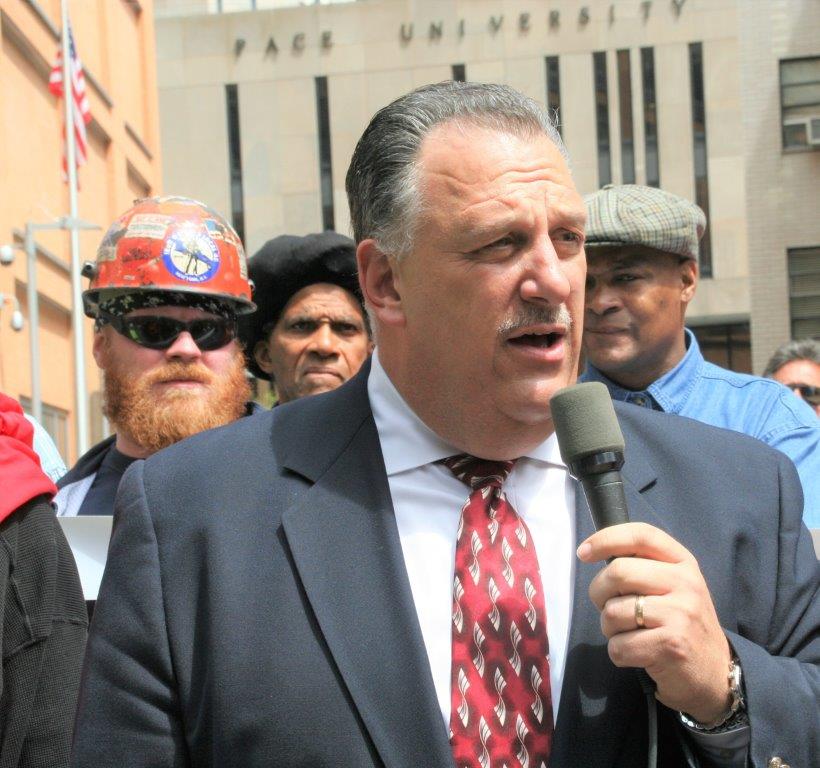New York, NY – On Thursday, April 14, the Office and Professional Employees International Union [OPEIU] announced that a supermajority of more than 75-percent of eligible staff of The Leadership Conference on Civil and Human Rights and The Leadership Conference Education Fund have joined together to form Leadership Conference Workers United (LCWU), and have requested formal voluntary recognition of their union with the Office and Professional Employees International Union (OPEIU) Local 2. LCWU is requesting a response from Leadership Conference leadership by 5 p.m. ET on Wednesday, April 20. If the request is ignored or denied, they plan to file for an election through the National Labor Relations Board [NLRB].
LaborPress reached out to LCWU spokespeople and organizing committee members Brandon Chapman (field manager), Janessa Sambola (communications manager) and Hillary Medina (field manager), to learn more about the background of each Conference, some reasons for the formation of the LCWU, and what the LCWU hopes to achieve.
LP: When were each of the Conferences formed and what is their purpose and mission?
LCWU: Founded in 1950, The Leadership Conference on Civil and Human Rights (The Leadership Conference) is a coalition charged by its diverse membership of more than 230 national organizations to promote and protect the rights of all persons in the United States, working toward an America as good as its ideals. The Leadership Conference’s sister organization, The Leadership Conference Education Fund (The Education Fund) was founded in 1969 as the education and research arm of The Leadership Conference on Civil and Human Rights. The Education Fund builds public will for federal and state policies that promote and protect the civil and human rights of all persons in the United States, through campaigns that empower and mobilize advocates around the country to push for progressive change in the U.S.
LP: How many people are in LCWU?
LCWU: The bargaining unit is 53 employees-strong, with more than 75-percent of eligible staff voting to unionize.
LP: What are the primary issues that impelled this effort?
LCWU: Leadership Conference Workers United is deeply committed to the mission of the organization, and ensuring our internal workplace policies reflect that mission. Prior to the unionization effort, we successfully advocated for greater transparency around salary and additional organization-wide time off. Through unionizing we hope to further address institutional issues around career advancement and compensation, leave, and telework policies, among other policies, to better align with the stances we advocate for. We see unionizing as the best tool to improve these areas and continue attracting and retaining top talent.
LP: In your view, is The Leadership Conference’s long history of advocacy on behalf of workers, as LCWU has described it, at odds with its current policies and/or actions towards LCWU workers?
LCWU: The Leadership Conference’s long history of advocacy on behalf of workers is a shared value across the organization. Prior to unionization, staff advocated for many pro-worker policies at The Leadership Conference such as the removal of degree requirements for certain job postings, greater transparency around salary and additional organization-wide time off. We see a union as a tool to safeguard all we hold dear at The Leadership Conference as a diverse, mission-driven, and progressive place to work.
There are some policies that continue to be delayed, however, despite sustained internal advocacy. We have advocated for, and have yet to see changes, surrounding compensation, promotions and career growth, overtime and comp time, benefits that at least align policies we advocate for in Congress, and telework and return to the office. For example, we have routinely asked for how years of experience in salary determinations have been calculated, and have yet to receive a response.
We have already seen a positive response from our incoming CEO Maya Wiley, which has reaffirmed that our institution is pro-union. This gives us hope our organization will continue working toward building a Leadership Conference, and America, as good as its ideals.







